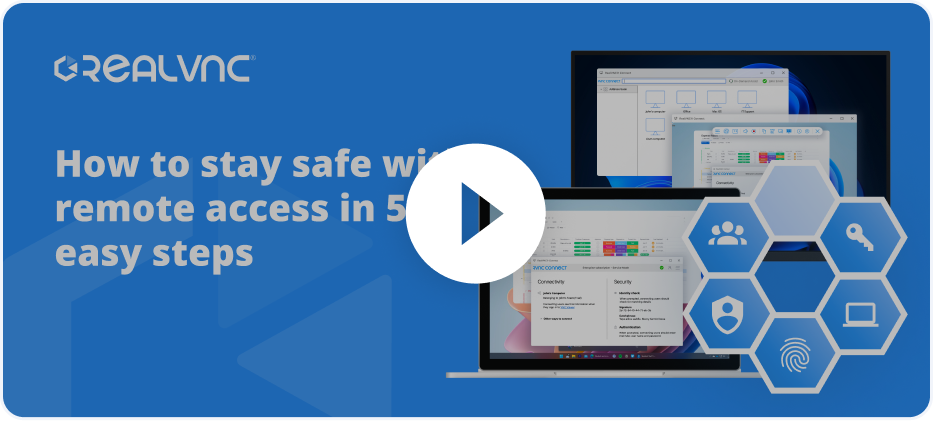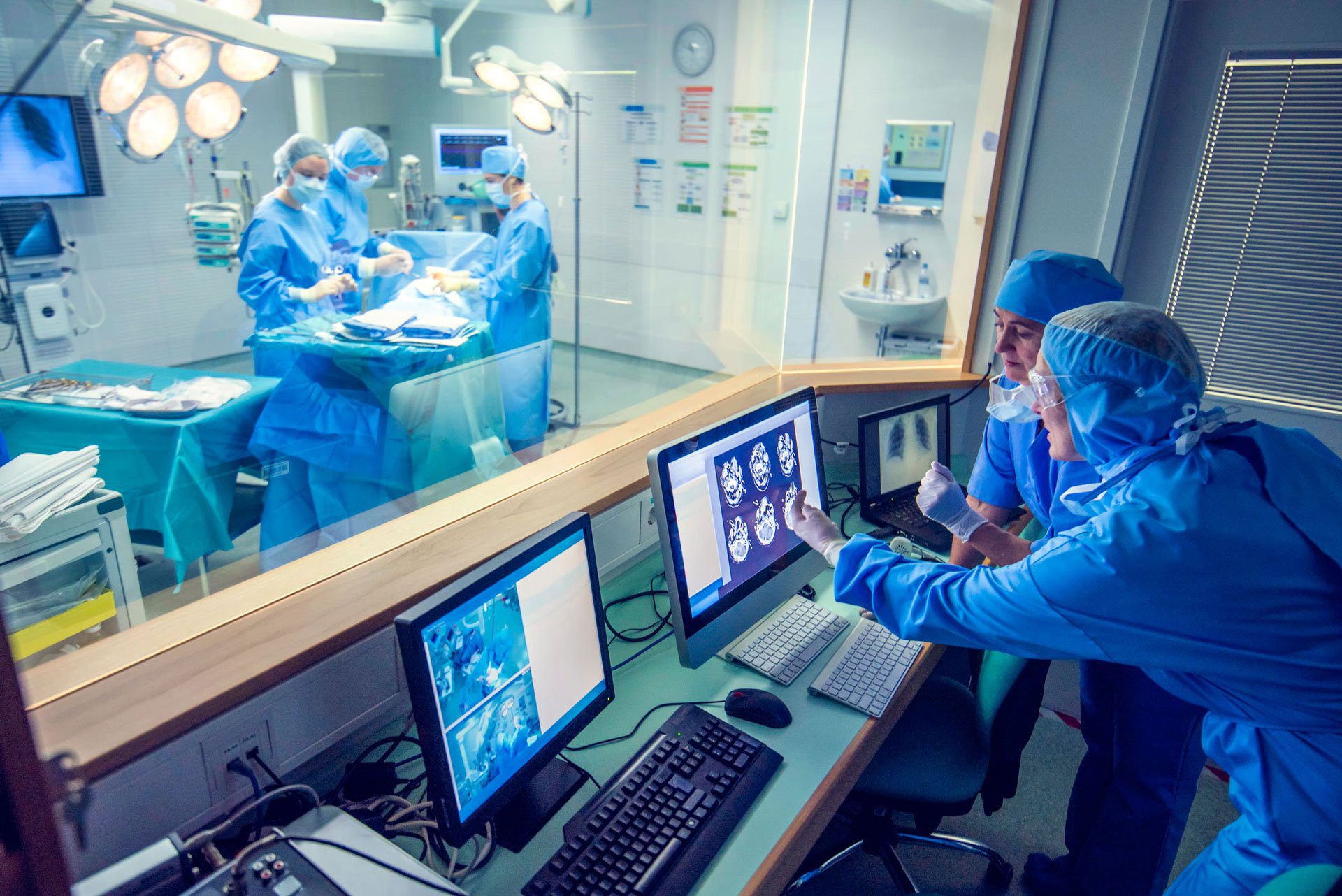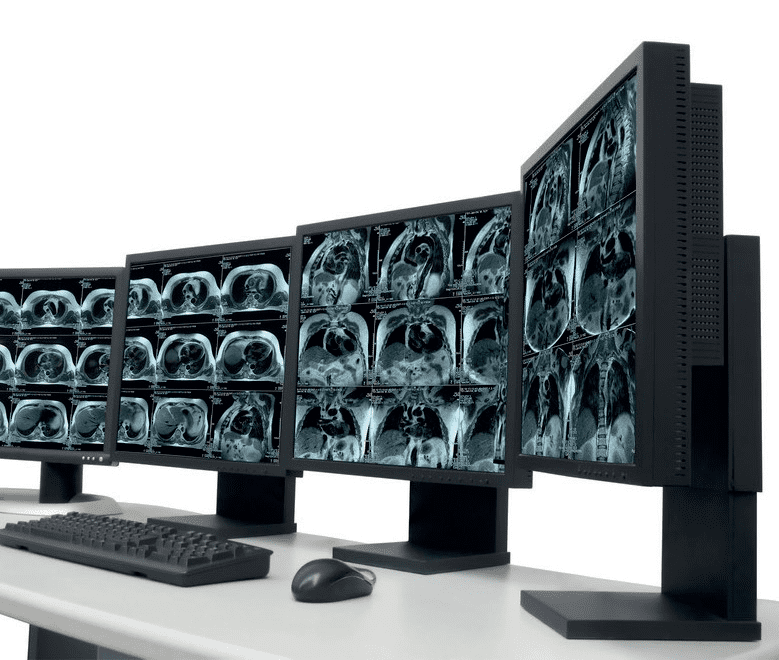OHIOH (infection chain research) - case study
Reduce Cost
Decrease support call repeat rates, call handling time and on-site travel costs
Increase Uptime
Avoid downtime with faster problem identification and resolution
Mitigate Risk
Anticipate and prevent system failures and the risk associated with on-site service
Company
OHIOH (short for “Our Health In Our Hands) is a student organization started at the department of Life Sciences of the University of Kiel in Northern Germany. OHIOH was formed with the goal of developing an app using Bluetooth, Raspberry Pi, remote access and other technologies to identify areas on campus at high risk of Covid spread and track infections, keeping students, teachers and staff as safe as possible during the Coronavirus pandemic.
Challenge
At the beginning of the Covid-19 pandemic in early 2020, OHIOH founder and Life Sciences student Tjark Ziehm wanted to find a solution that would contribute to slowing the spread of coronavirus in and outside of the university campus, enabling the daily life to continue as much as possible while keeping its residents safe.
In the following months, he established and recruited a team of 15 volunteers from all around the world dedicated to the Covid-fight, who have worked together in developing the OHIOH app.
The OHIOH.de app is intended as an infection chain research system, providing a platform for transferring personal data from smartphones and devices to a secure database on a voluntary basis. This database is connected to the app and is used to gather and analyze the information provided by its users, so that in case of a positive Covid test, the affected user can share this data to help inform other contacts, whether known or unknown.
The app was intended to be easily accessible to everyone on campus and can be installed on all devices directly from the web.
Solution
The OHIOH infection chain research system is based on an algorithm enabled by multiple technologies, such as Bluetooth, GPS, and QR-Codes. As hardware, the project uses multiple Bluetooth-enabled Raspberry Pi computers with VNC Connect remote access software installed set up in strategic locations to form a network VNC Connect allows for remote connections between the Raspberry Pi devices to measure social distance and capture essential research data.
The affordability of small single-board Raspberry Pi computers and the convenience of having VNC Connect already built into the Raspberry Pi operating system made them the perfect fit for the project, allowing OHIOH, a non-profit funded by private donors, to maximize their tight financial resources.

“VNC Connect is an essential component of the project, and will help our research group and other communities worldwide in the fight against Covid ”
Tjark Ziehm
OHIOH founder
Future
OHIOH is now part of the Linux Foundation Public Health and is set to grow further. By 2022, they aim to become one of the best-known non-profit initiatives worldwide for combating infection chains with the help of digital applications. While the project was developed to fight and stop the spread of Coronavirus on campus, the organization seeks to make the code available as open-source so that everyone can benefit from it. Similarly, OHIOH sees its scope expanding beyond the Covid-19 pandemic to protect society from other viruses and contagious diseases in the future.










